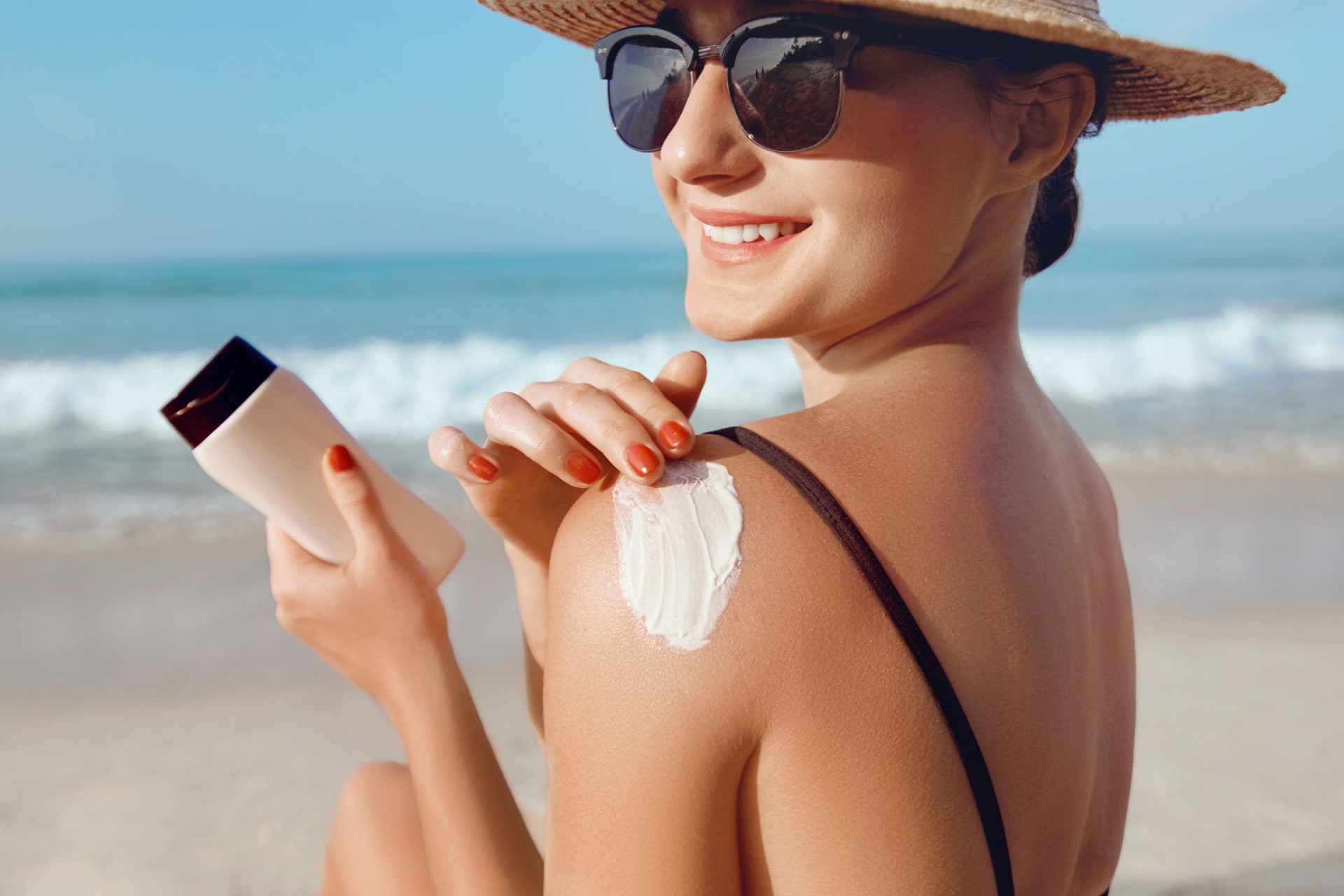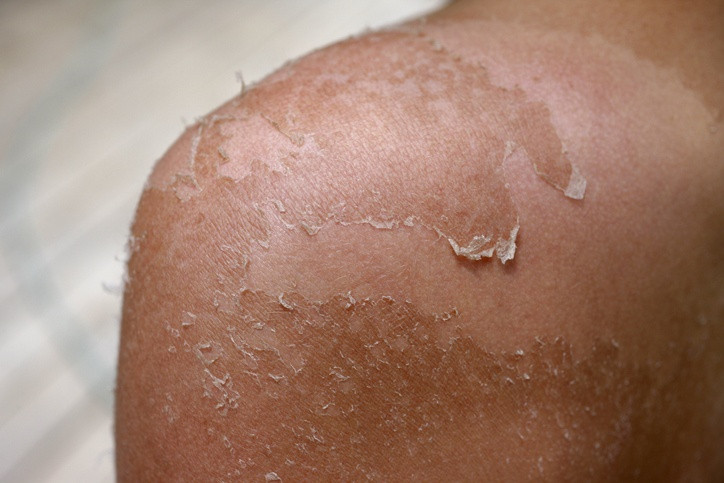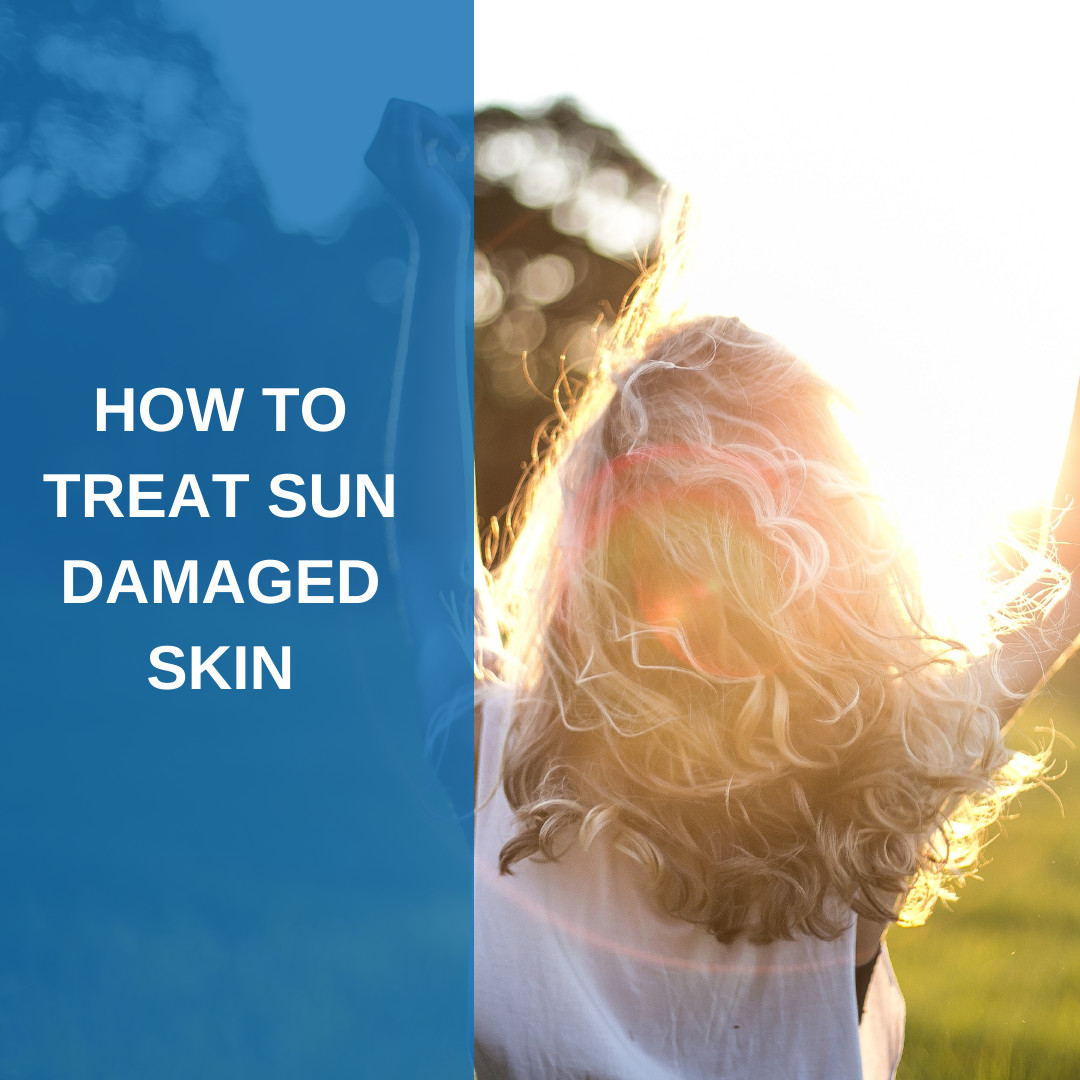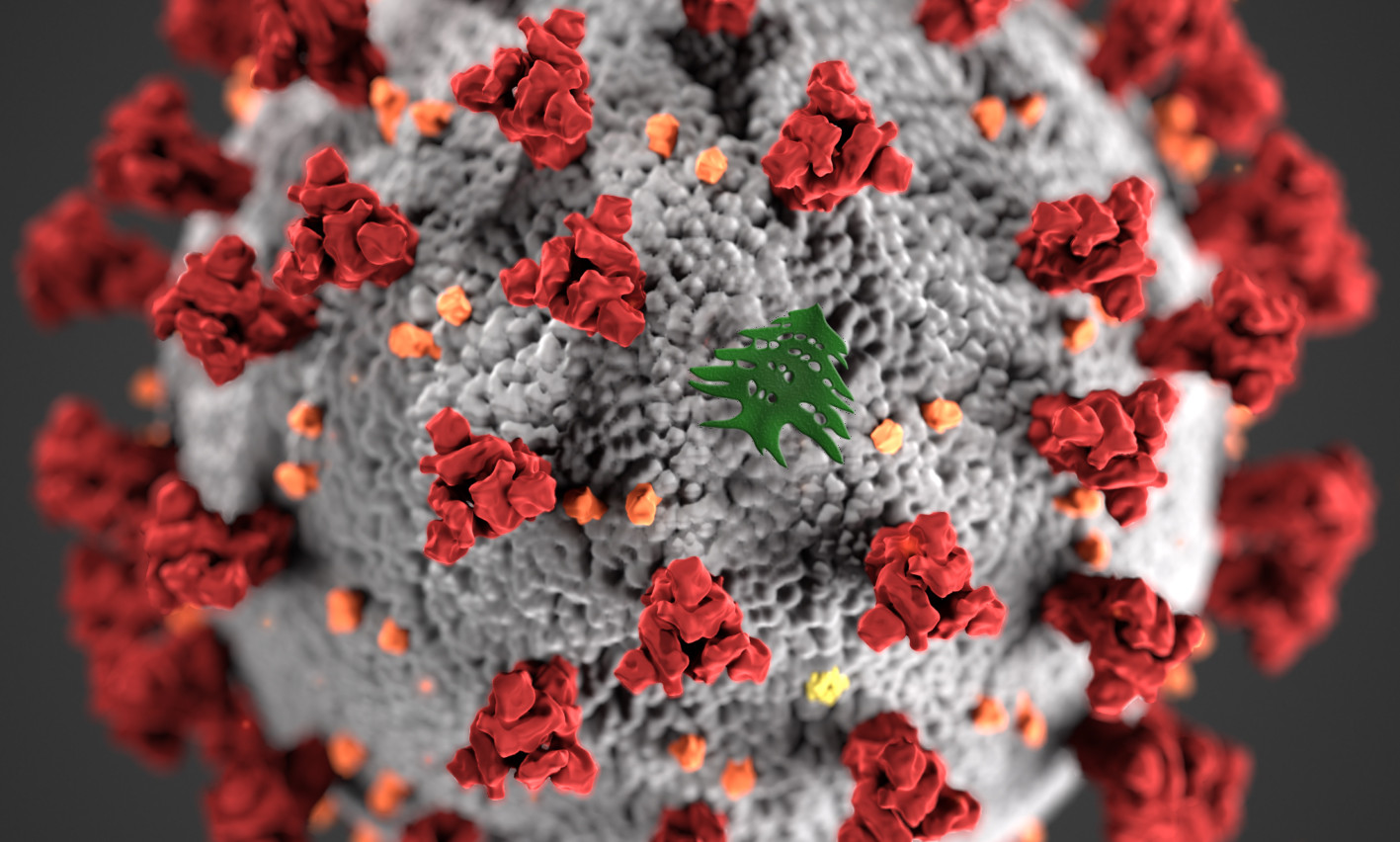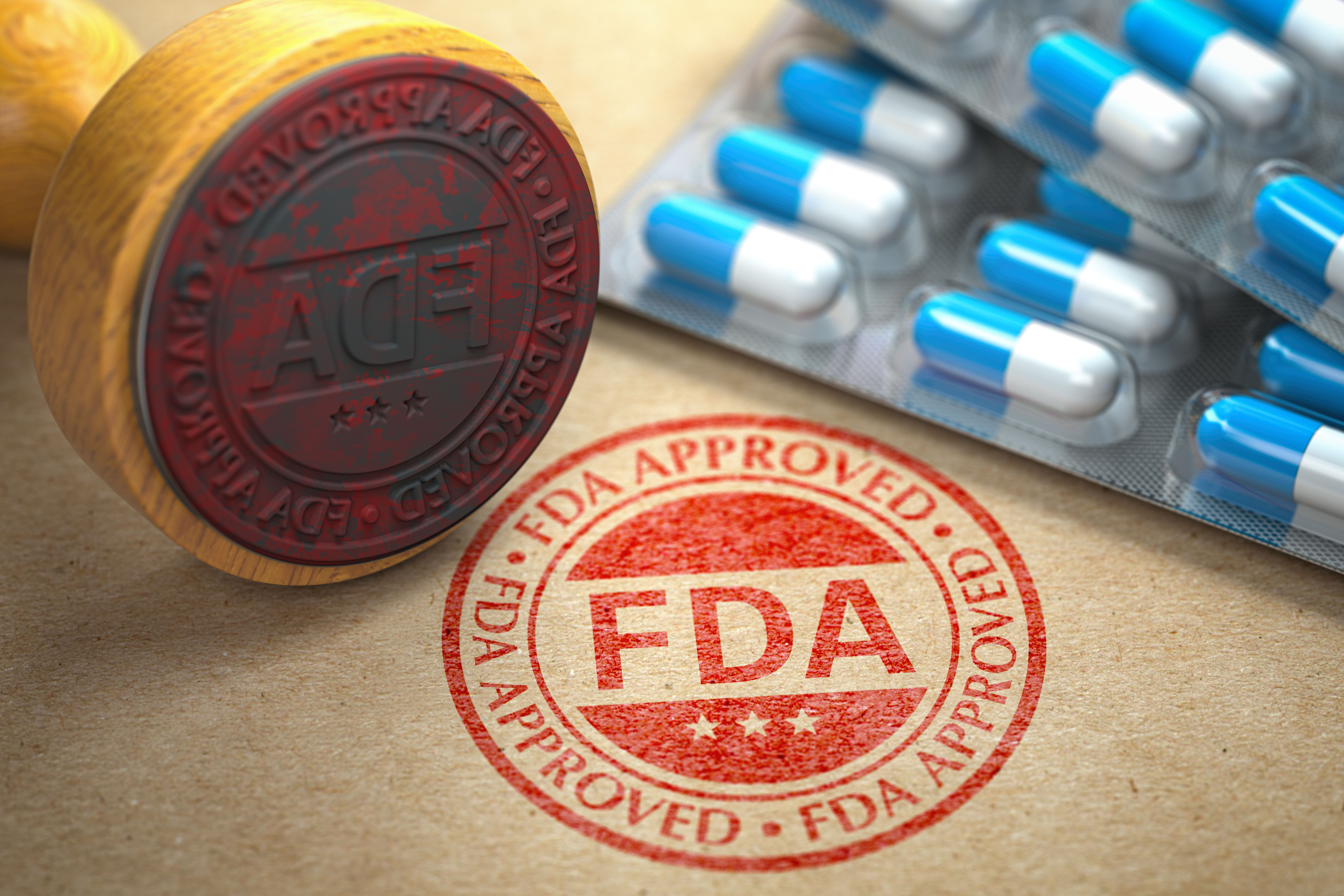With the heat of summer in full swing, you've probably already spent a decent amount of time in the sun. And While armoring up with the best sunscreens of 2024 before heading outside is essential, how you take care of your skin post-sun exposure is just as important. "UV exposure causes damage to the skin, so it's important to do whatever you can to repair that damage," says board-certified dermatologist Mina Amin, MD. "More immediate damage would show up as a sunburn, but longer term, it would show up as dark spots, decreased skin laxity, or skin cancer."
It can take as little as five minutes for fair-skinned individuals to start taking on the harmful effects of the sun, per the National Library of Medicine. Additionally, UV rays affect your skin for hours even after you're out of the sun. If you're unsure of the proper steps to take after spending a day out in the heat, we have you covered with a few dermatologist-approved after-sun care tips to give your skin the TLC it craves.
Meet the experts: Blair Murphy-Rose, MD, is a board-certified dermatologist based in New York City. Mina Amin, MD, is a board-certified dermatologist based in Los Angeles, California.
Soothe Inflammation With A Cool Shower
Oops, you got a little too much sun. No problem—these simple solutions will help you to mitigate some of the effects of UV radiation so your skin stays healthy and youthful.
Whether you're sunburnt or your skin is just hot after coming in from outdoors, a cool or lukewarm shower can soothe your skin and decrease inflammation. If you're not a fan of cool showers, you can try other methods, like using a cold compress or jumping in a pool (so long as you're no longer in the sun). However, remedies like taking a cold plunge or using ice packs are likely to be a little too harsh, and the extreme temperatures required for both may cause tissue damage. Similarly, hot showers can bring more blood to the skin, making it harder to reduce the inflammation, says board-certified dermatologist Blair Murphy-Rose, MD.
Apply Aloe Vera
Aloe vera has anti-inflammatory properties that can help reduce redness in skin, which can be especially helpful after a sunburn. "The best thing would be a pure aloe gel bought from the store," says Dr. Murphy-Rose. And while you can also buy a fresh aloe leaf from your local supermarket, there's a higher chance of irritation, as some people are unaware they're allergic to it, which can make matters worse. Regardless of your preference, make sure you do a patch test to see if you have an adverse reaction to it.
Hydrate, Hydrate, Hydrate
Drinking water before, during, and after sun exposure won't necessarily prevent UV damage. However, it does play an essential role in keeping the skin hydrated, which makes it less sensitive to the environment, and therefore, less vulnerable to irritation. "It's important to stay hydrated, and oftentimes, you want to reach for an electrolyte water so that you're replenishing any dehydration that occurs systemically," says Dr. Murphy-Rose. "If your body's fluid levels are low, the skin is going to be the place where you lose [hydration] first because it's going to preferentially give volume to the organs that are essential." She calls out that general dehydration can lead to skin irritation, too.
Reach for a Hydrating Moisturizer
Reaching for a moisturizer with skin-loving ingredients can help replenish and protect the skin barrier. Dr. Amin recommends using a product with ceramides or hyaluronic acid to alleviate dryness, and niacinamides to reduce inflammation. You'll also want to make sure that the formula is on the thicker side, as thinner, water-based lotions don't lock in water as effectively. Creams (which are normally more oil-based) will create a long-lasting seal to lock in moisture.
Stay Out of the Sun
This tip often goes overlooked, as many people tend to go about their day per usual after wrapping up their outdoor activities, but staying out of the sun after prolonged exposure is a must. "You don't want to put your skin in a place where it's getting more sun exposure and has the chance of getting more irritated," says Dr. Amin. Dr. Murphy-Rose adds that if your skin is already inflamed, "changes are happening at the DNA level, and your skin's ability to protect itself from the sun is reduced."
Wear Loose Clothing
Similar to what you'd do if you had a sunburn, you want to avoid tight clothing and opt for something loose to avoid further aggravating the skin. The same goes for wearing clothes made from materials that may cause itching. Before you go out in the sun, you can also throw on protective clothing like long sleeve tops, hats, and sunglasses that can put a barrier between your skin and harmful UV rays, says Dr. Murphy-Rose.
Take Over-The-Counter Pain Medication
If you're experiencing pain after sun exposure, Dr. Amin recommends taking over-the-counter meds such as Tylenol and Advil. You can also try a cortisone cream rather than an ointment. "You don't want to put anything occlusive on the skin for the first 48 hours," says Dr. Murphy-Rose. That said, if the pain is severe or you experience other symptoms such as vomiting, a fever of over 101, confusion, or blisters make an appointment with your doctor for next steps.
The Takeaway
While enjoying the sun is part of life, taking steps to protect your skin, understanding your skin type and avoiding key sunscreen mistakes is crucial to maintaining skin health and preventing long-term damage.




